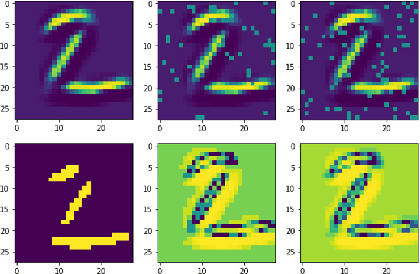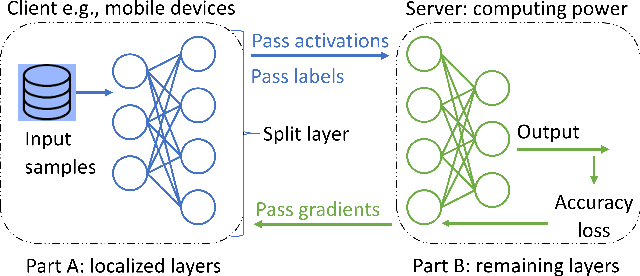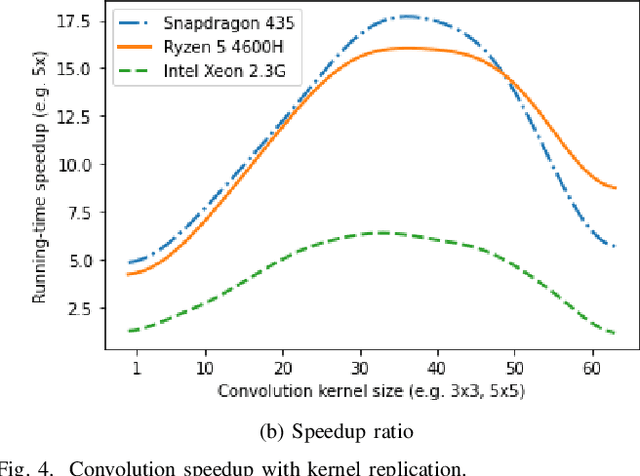Ngoc Duy Pham
Robust Anomaly Detection in O-RAN: Leveraging LLMs against Data Manipulation Attacks
Aug 11, 2025Abstract:The introduction of 5G and the Open Radio Access Network (O-RAN) architecture has enabled more flexible and intelligent network deployments. However, the increased complexity and openness of these architectures also introduce novel security challenges, such as data manipulation attacks on the semi-standardised Shared Data Layer (SDL) within the O-RAN platform through malicious xApps. In particular, malicious xApps can exploit this vulnerability by introducing subtle Unicode-wise alterations (hypoglyphs) into the data that are being used by traditional machine learning (ML)-based anomaly detection methods. These Unicode-wise manipulations can potentially bypass detection and cause failures in anomaly detection systems based on traditional ML, such as AutoEncoders, which are unable to process hypoglyphed data without crashing. We investigate the use of Large Language Models (LLMs) for anomaly detection within the O-RAN architecture to address this challenge. We demonstrate that LLM-based xApps maintain robust operational performance and are capable of processing manipulated messages without crashing. While initial detection accuracy requires further improvements, our results highlight the robustness of LLMs to adversarial attacks such as hypoglyphs in input data. There is potential to use their adaptability through prompt engineering to further improve the accuracy, although this requires further research. Additionally, we show that LLMs achieve low detection latency (under 0.07 seconds), making them suitable for Near-Real-Time (Near-RT) RIC deployments.
Self-Adaptive and Robust Federated Spectrum Sensing without Benign Majority for Cellular Networks
Jul 16, 2025Abstract:Advancements in wireless and mobile technologies, including 5G advanced and the envisioned 6G, are driving exponential growth in wireless devices. However, this rapid expansion exacerbates spectrum scarcity, posing a critical challenge. Dynamic spectrum allocation (DSA)--which relies on sensing and dynamically sharing spectrum--has emerged as an essential solution to address this issue. While machine learning (ML) models hold significant potential for improving spectrum sensing, their adoption in centralized ML-based DSA systems is limited by privacy concerns, bandwidth constraints, and regulatory challenges. To overcome these limitations, distributed ML-based approaches such as Federated Learning (FL) offer promising alternatives. This work addresses two key challenges in FL-based spectrum sensing (FLSS). First, the scarcity of labeled data for training FL models in practical spectrum sensing scenarios is tackled with a semi-supervised FL approach, combined with energy detection, enabling model training on unlabeled datasets. Second, we examine the security vulnerabilities of FLSS, focusing on the impact of data poisoning attacks. Our analysis highlights the shortcomings of existing majority-based defenses in countering such attacks. To address these vulnerabilities, we propose a novel defense mechanism inspired by vaccination, which effectively mitigates data poisoning attacks without relying on majority-based assumptions. Extensive experiments on both synthetic and real-world datasets validate our solutions, demonstrating that FLSS can achieve near-perfect accuracy on unlabeled datasets and maintain Byzantine robustness against both targeted and untargeted data poisoning attacks, even when a significant proportion of participants are malicious.
Binarizing Split Learning for Data Privacy Enhancement and Computation Reduction
Jun 10, 2022



Abstract:Split learning (SL) enables data privacy preservation by allowing clients to collaboratively train a deep learning model with the server without sharing raw data. However, SL still has limitations such as potential data privacy leakage and high computation at clients. In this study, we propose to binarize the SL local layers for faster computation (up to 17.5 times less forward-propagation time in both training and inference phases on mobile devices) and reduced memory usage (up to 32 times less memory and bandwidth requirements). More importantly, the binarized SL (B-SL) model can reduce privacy leakage from SL smashed data with merely a small degradation in model accuracy. To further enhance the privacy preservation, we also propose two novel approaches: 1) training with additional local leak loss and 2) applying differential privacy, which could be integrated separately or concurrently into the B-SL model. Experimental results with different datasets have affirmed the advantages of the B-SL models compared with several benchmark models. The effectiveness of B-SL models against feature-space hijacking attack (FSHA) is also illustrated. Our results have demonstrated B-SL models are promising for lightweight IoT/mobile applications with high privacy-preservation requirements such as mobile healthcare applications.
 Add to Chrome
Add to Chrome Add to Firefox
Add to Firefox Add to Edge
Add to Edge